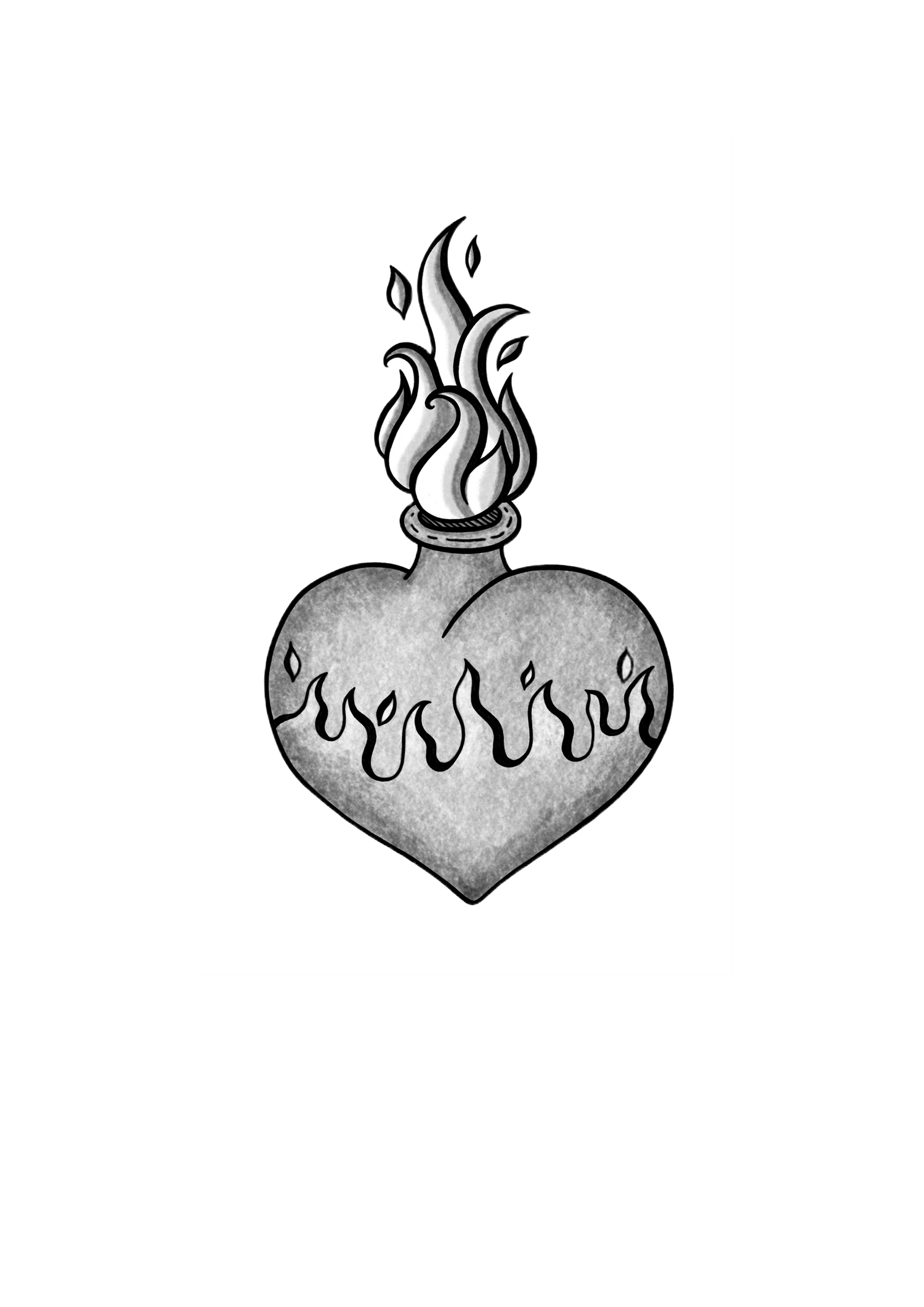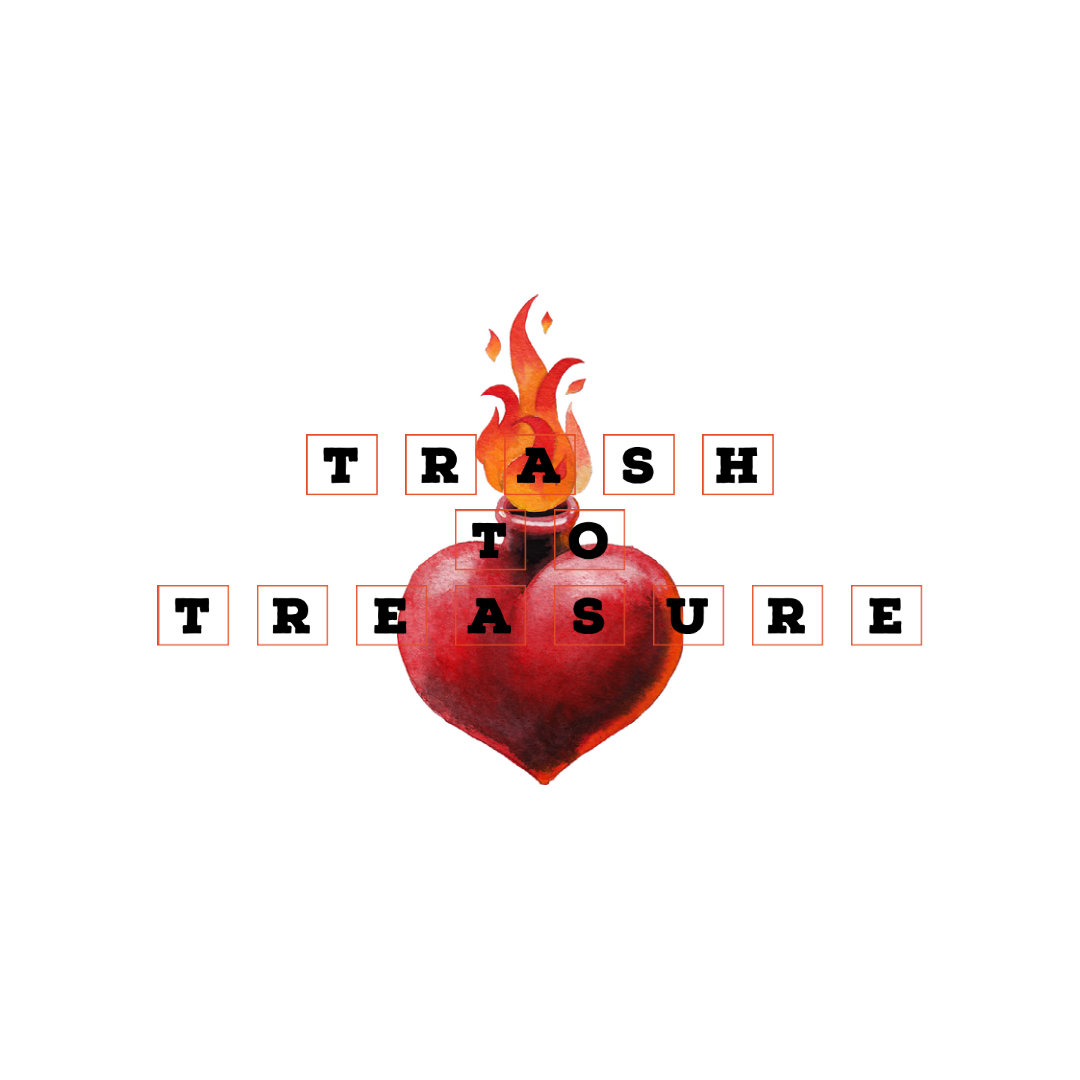Homesick by Celina Tran
The brother of a childhood friend passed this week, and an undeserving grief has since crashed over me. We weren’t friends or anything, I think I can count all the conversations we’ve had on one hand. In fact, I wasn’t even sure if his name was spelled with a C or a K. But he was there throughout childhood, lurking around in the background of school playgrounds, his sharp laughter echoing through hallways. My memory is ingrained with his face and how he reached out for my dark hair once when I was thirteen, telling me how beautiful it looked blanketed in snow. He didn’t look at me like other boys did. There was an innocence in those glazed waves, one you only see in sick children. Even behind the dark wisps of his feathery eyelids, I can feel him staring into me, even now.
I’ve been swallowed by guilt for mourning his loss. After days, I finally found the courage to contact my friend, who I haven’t spoken to since I was sixteen. I stared at the message I had drafted and edited and deleted and re-written in my notes. I typed and deleted the sentence I hope you feel better soon about ten times. He won’t feel better soon. God, what a stupid thing to imply. In fact, he might never feel better. Eventually though, the words disappeared from the blank notepad, and I wrote I hope time heals all wounds, as if pain had wounded my brain and left it wordless. I wasn’t selfish enough to expect anything back, yet when he replied with the same stale message that he likely gave anyone wishing their condolences, a small gap in my chest exploded into a large hollow pit. I feel so empty.
To the sweet, little, blonde boy who had once been my everything, who had brought me shell-necklaces and pretty rocks home from holidays, who had helped me through heartache and losses only a child can experience, I was but the gap placed between us by time. And it’s not just him. Time has torn me from every single one of them. Then, to make matters worse, I’ve come to the realization that I’m guilty of also putting distance between us. Selfish in my lust for adventure and a bigger meaning, to escape the small hometown and becoming someone, I’ve put an entire ocean between us. And I drive to the seaside and wave at them, but no one waves back. Sometimes, I yell. I yell, cupping around the sides of my mouth to create a speaker, yell and yell until I’m screaming. Screaming at the top of my lungs, screaming for them to scream back, but there is nothing but silence. And the silence is so loud. It’s almost as loud as my pain is impatient, glaring at me for missing them, scolding me for daydreaming about the roads and corners, the bus stops and views I once longed to leave behind. I’m a hypocrite for mourning the time that flashed by: The late-night conversations and drunken walks home, the heartaches and regrettable make-out sessions in back alleys. Somewhere along the way, I lost my first home and my first kiss, my first love and my first life.
God how lonely it feels to be homesick. Homesick for a life left behind and friends who’ve drifted in the wind. Homesick for childhood and entangled hands, yearning for freshly mowed grass and wildflowers and shell-necklaces. Most of all, homesick for the lack of space, and homesick for his hand in my snow-covered hair.
“‘Homesick’ is a small personal/personal essay about the loss of friendships, love and childhood as time passes. It’s also a confrontation between the child who yearns to leave her small town and the young adult who misses home. To me, Homesick was an instant reject because it is unpolished and raw. It is but blood and tears on a blank page, a tiny crumb of my soul, so I think that even before its existence, it was always just too honest to be put out in the world. But because it is honest, it would make me a villain to let it drown in my ever-growing pile of rejects.”
Celina Tran is a UK-based Norwegian-Vietnamese writer and journalist. Along with obsessing over life’s micro moments and soppy, pretty words, she runs Erato Magazine. Instagram: @celina_tran & Twitter: @celinatranx

